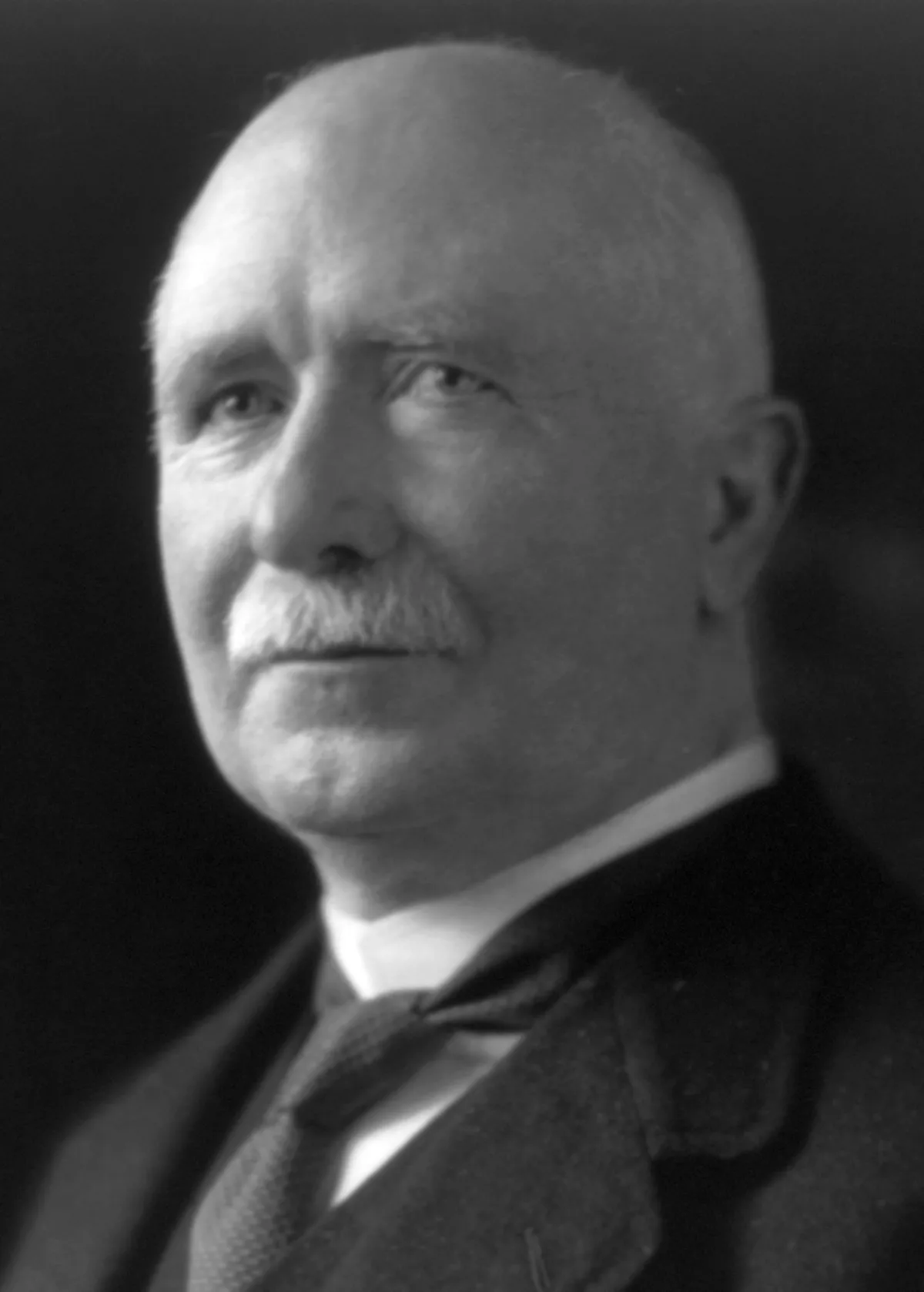 1.
1. William Massey was the founding leader of the Reform Party, New Zealand's second organised political party, from 1909 until his death.

 1.
1. William Massey was the founding leader of the Reform Party, New Zealand's second organised political party, from 1909 until his death.
William Massey entered parliament in 1894 as a conservative, and from 1894 to 1912 was a leader of the conservative opposition to the Liberal ministries of Richard Seddon and Joseph Ward.
William Massey became the first Reform Party Prime Minister after he led a successful motion of no confidence against the Liberal government.
William Massey pledged New Zealand's support for Britain during the First World War.
William Massey led his Reform Party through four elections, although only the 1919 election was a decisive victory over all other parties.
William Massey was born in 1856 into a Protestant farming family, and grew up in Limavady, County Londonderry, Ireland.
William Massey's family arrived in New Zealand on 21 October 1862 on board the Indian Empire as Nonconformist settlers, although Massey remained in Ireland for a further eight years to complete his education.
William Massey resided for a time with his grandmother Elizabeth Ferguson at her home at Kennaught, Limavady, attending Limavady National School.
Subsequently William Massey went to live with his uncle Matthew Ferguson at Sheephill, Ballykelly and from there he went to school in Derry.
William Massey was a member of the Orange Order, Oddfellows, and Freemasons, and espoused British Israelite ideas.
In 1893 William Massey stood as a candidate in the general election in the Franklin electorate, losing to the Liberal candidate, Benjamin Harris.
William Massey joined the ranks of the independent MPs opposing the Liberal Party, led by Richard Seddon.
William Massey brought increased vigour to the conservative faction and became opposition whip.
In particular, William Massey made gains by claiming that alleged corruption and cronyism within the civil service was ignored or abetted by the Liberal government.
In February 1909, William Massey announced the creation of the Reform Party from his New Zealand Political Reform League.
William Massey was sworn in as prime minister on 10 July 1912.
William Massey earned the enmity of many workers with his harsh response to miners' and waterfront workers' strikes in 1912 and 1913.
William Massey reluctantly invited Joseph Ward of the Liberals to form a war-time coalition, created in 1915.
William Massey attended the Paris Peace Conference in 1919 and signed the Treaty of Versailles on behalf of New Zealand.
William Massey has been criticised for his policies regarding phosphate mining in Nauru, with William Massey University scholar Matt Wynyard claiming he was "behind its utter devastation".
William Massey was particularly worried by the rise of the Labour Party, which was growing increasingly influential.
William Massey found himself fighting off criticism from within his own party, including charges that he was ignoring rural concerns.
William Massey dissolved the coalition in 1919, and fought both the Liberals and Labour on a platform of patriotism, stability, support for farmers, and a public works program.
William Massey disliked domestic socialist elements like the "Red Feds", the predecessor to the New Zealand Federation of Labour, and the New Zealand Labour Party.
William Massey regarded the Red Terror in the Soviet Union, which followed the Bolshevik Revolution in 1917, as proof of the "inherently oppressive orientation" of socialism.
William Massey was alarmed by the success of Labour, which was now only five seats behind the Liberals.
William Massey began to believe that the Liberals would eventually disappear, with their supporters being split, the socially liberal wing to Labour and the economically liberal wing to Reform.
William Massey set about trying to ensure that Reform's gain would be the greater.
The William Massey Memorial was erected as his mausoleum in Wellington, paid for mostly by public subscription.
William Massey University is named after him, the name chosen because the university had a focus on agricultural science, matching William Massey's own farming background.
Two of his sons became Reform MPs: Jack, who represented his father's Franklin electorate from 1928 to 1935, and from 1938 to 1957 for National; and Walter William Massey, who represented Hauraki from 1931 to 1935.